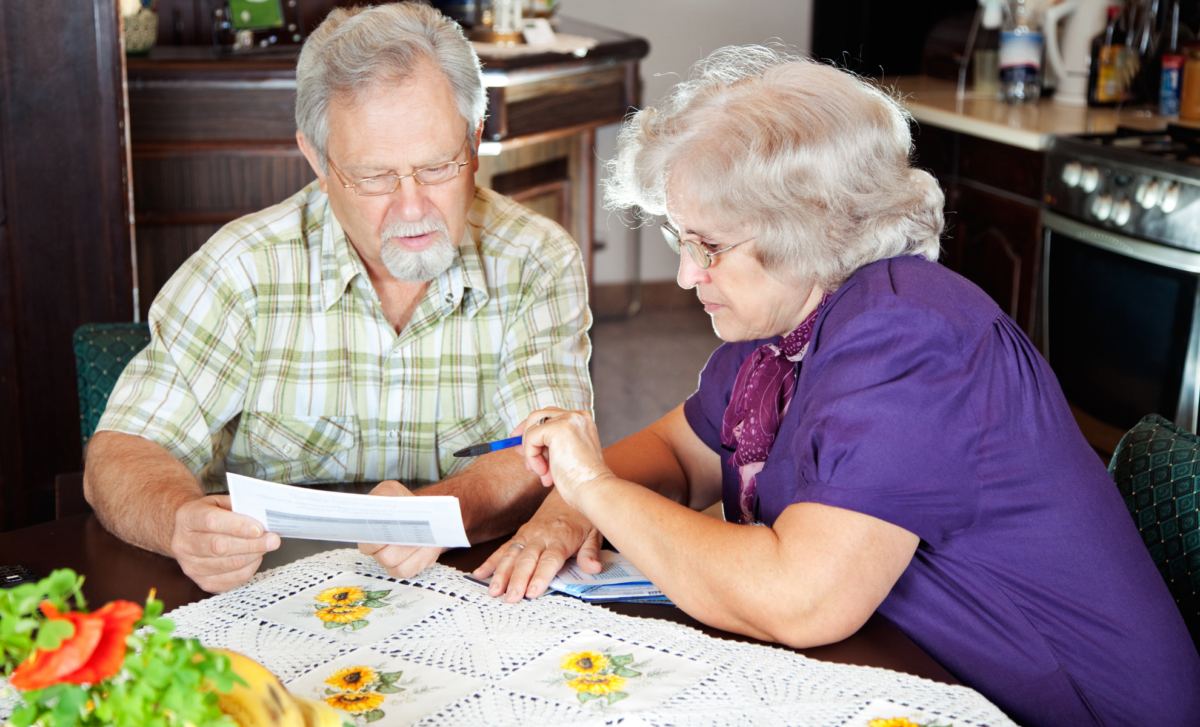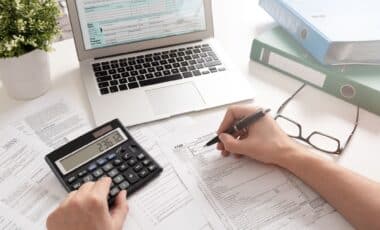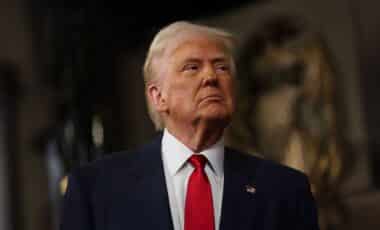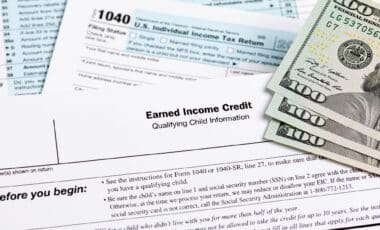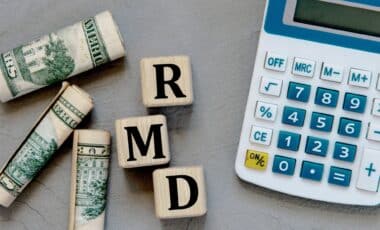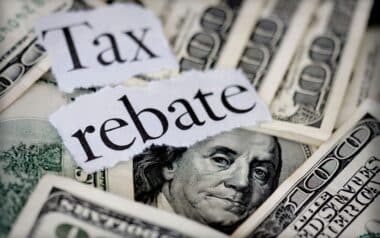According to the Institute for Fiscal Studies, more than half a million of UK pensioners will face paying income tax for the first time this week.
Tax Burden on UK Pensioners Mounts as State Pension Rises Outpace Thresholds
Starting April 6, around 8.5 million UK pensioners will have to pay tax on their income, up from nearly 5 million in 2010. This is due to state pensions rising along with inflation, while the tax threshold remains frozen at £12,570 and is expected to remain at this level until 2028.
The 8.5% surge in state pension is expected to take it to £11,502. This means that any pensioners with an additional yearly income of £1,068, for instance, from private pensions, will be subjected to a tax bill.
Lane Clarke & Peacock calculations estimate that this change will force as many as 650,000 pensioners to face the taxable income bracket.
Louise Jenkins, tax partner at Alvarez & Marsal, told the Money blog: “It’s great we have this triple lock and the pension rate is increasing, but we also have to temper that with the fact that personal allowances haven’t changed.
“This will result in pensioners becoming liable to pay tax and having the administration complexities that go with that.”
According to HMRC, pension income that exceeds the personal allowance is paid automatically by means of a PAYE scheme, so pensioners won’t be required to complete a self-assessment.
However, experts say that in reality, pensioners will be forced to do so because of incorrect tax codes or to claim back excessive payments.
Ms. Jenkins stated, “I think that’s the issue that will be worrying a lot of pensioners.
“HMRC helplines are notoriously difficult, and from a pensioner’s perspective, it is really time-consuming and frustrating.”
Matthew Douglas, an independent financial adviser, said that pensioners unaware of the tax could risk receiving a belated penalty notice.
“It could be a complete administrative nightmare and what’s the penalty going to be when people don’t pay because they simply don’t know what they are supposed to do?”
Fixed-income Income Pensioners to Remain Stuck, while Flexibile ones Have Options
Clare Moffat, finance expert at Royal London, clarified: “If you have a defined benefit pension, like a public sector pension, or you have bought an annuity, then your income will be fixed, and this could mean that you could end up paying more tax.
“If you had a pension pot and moved that into drawdown, where you receive pension income while allowing your pension fund to continue to grow, then there is flexibility about how much money you take out. You could decrease that a little to stay within the personal allowance.”
Marriage Allowance to Pull Many into Tax Bracket
Tax partner Ms. Jenkins said a “particular sting in the tail” for a good number of pensioners will be that receipt of marriage allowance takes them over the personal allowance.
She highlighted that pensioners will have to think about this allowance as it could drag a lot of people into that “tax-paying bracket.”
“We want to see the government and the Department for Work and Pensions (DWP) sending out some clear communication to articulate to the 12 million people who receive the state pension what the implications are for them and to date I haven’t seen that,” she added.
Unlocking Personal Allowances
Caroline Abrahams, charity director at Age UK, declared: “We know that many who have a small private pension on top of their state pension are concerned at having to pay more tax at a time when essential costs remain high. Age UK believes it’s time for the government to revisit this policy and return to indexing personal allowances as soon as possible.”
Government response
A government spokesperson told Sky News: “Pensioners do not pay any income tax if their sole income is the new state pension and they’ve either not deferred or they receive protected payments. This April we are standing by our commitment to maintain the triple lock by raising the basic state pension to almost £170 a week.
“Pensioners don’t need to complete a tax return for any tax due on pension income, unless they already have to complete one for a separate reason, such as declaring property income.
“HMRC will always provide support for the vulnerable and those unable to use its online services.”

